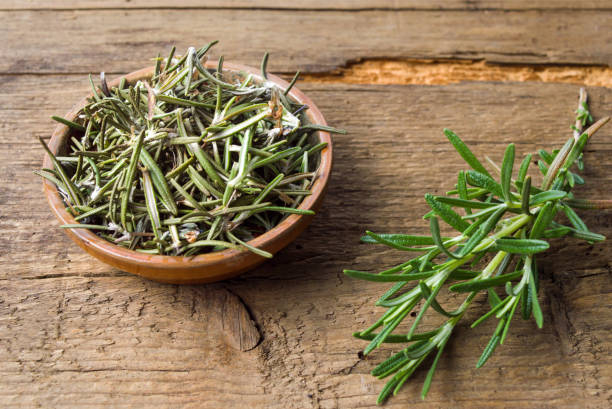High in antioxidant, antimicrobial, and anti-inflammatory compounds
Antioxidants are molecules that assist your body to defend itself against oxidative damage and inflammation, which may lead to chronic illnesses such as cancer, heart disease, and type 2 diabetes. They may be found in a wide range of plant foods, including fruits, vegetables, and herbs such as rosemary. Rosemary tea may possibly include chemicals with anti-inflammatory and antibacterial effects. Rosemary's antioxidant and anti-inflammatory action is mostly related to polyphenolic components such as rosmarinic acid and carnosic acid.
Because of its antioxidant properties, rosmarinic acid is frequently used as a natural preservative to extend the shelf life of perishable goods. The chemicals in rosemary tea may have antibacterial effects, which may aid in the battle against illnesses. Traditional medicine uses rosemary leaves for their antimicrobial and wound healing properties. There has also been researching on the effects of rosmarinic and carnosic acid on cancer. They discovered that the two acids have anticancer characteristics and can even delay the development of cancer cells in leukemia, breast, and prostate.










